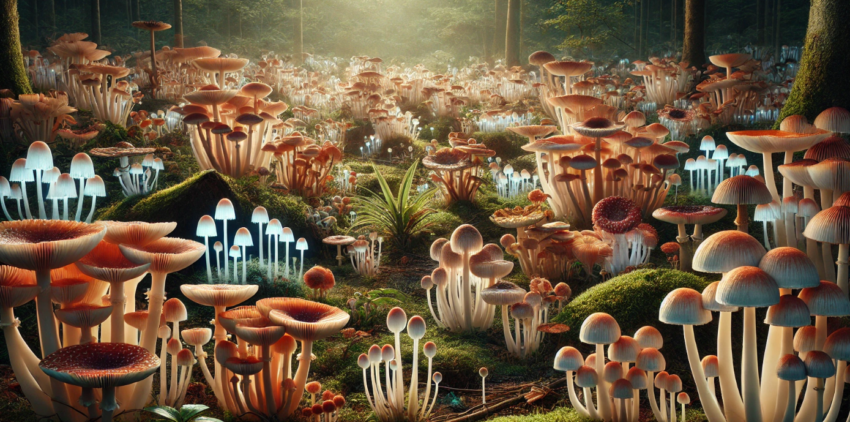| Listen to our audio presentation: Myocarditis: Symptoms, and Treatment |
Recent research comparing psilocybin, the active compound in magic mushrooms, to the widely prescribed SSRI (selective serotonin reuptake inhibitor) escitalopram has revealed intriguing insights into their effectiveness in treating depression. While both treatments demonstrated similar results in alleviating depressive symptoms over six months, psilocybin appears to provide additional psychosocial benefits, making it a potentially more holistic treatment option for individuals battling major depressive disorder.
- Psilocybin and escitalopram (an SSRI) both reduce depressive symptoms over six months, but psilocybin provides additional long-term benefits.
- Patients using psilocybin report greater meaning in life, better psychological connectedness, and improved social functioning compared to those on escitalopram.
- Psilocybin may also improve sexual functioning, a common issue with SSRIs, which often reduce libido.
- Psilocybin remains an experimental treatment, used only in controlled environments, but shows promise as a more holistic option for depression.
According to a study presented at the European College of Neuropsychopharmacology (ECNP) Congress in Milan, patients treated with psilocybin experienced significant improvements not only in their depression but also in their overall well-being. Participants reported a stronger sense of meaning in life, better psychological connectedness, and enhanced social functioning. In contrast, those taking escitalopram, a popular SSRI, did not show these additional psychosocial gains.
Lead researcher Tommaso Barba from Imperial College London emphasized that this is the first study to compare the long-term effects of psilocybin and escitalopram beyond symptom reduction. Barba noted that while both treatments were effective at reducing sadness and negative emotions, psilocybin “outperformed escitalopram in several measures of well-being, meaning in life, work, and social functioning,” as reported by Neuroscience News. These findings are significant because they suggest that psilocybin could offer more comprehensive benefits for mental health, addressing not only the core symptoms of depression but also enhancing patients’ quality of life.
This six-month follow-up study, published in EClinicalMedicine, involved 59 participants with moderate to severe depression. The psilocybin group received two 25mg doses combined with psychological support, while the escitalopram group was given a six-week course of daily medication. Both treatments reduced depression symptoms similarly, but psilocybin provided long-term enhancements in personal well-being and social interaction.
The Times-Tribune reported that another key area where psilocybin outshined escitalopram was sexual functioning. While SSRIs are often linked to a reduction in libido, psilocybin users saw improvements in sexual satisfaction and drive. This could be an additional reason why psilocybin might be favored over traditional SSRIs for some patients.
Importantly, psilocybin remains experimental and is only administered under controlled conditions due to potential risks, including intense psychological experiences. Nevertheless, its ability to offer both symptom relief and broader life improvements makes it a promising alternative for treating depression, especially for patients who do not respond well to SSRIs.
With around one-third of depression patients failing to find relief with SSRIs, this research indicates that psilocybin might serve as a viable option for those seeking not only symptom management but also a deeper sense of well-being. As HealthDay News noted, further research is necessary to establish psilocybin as a mainstream treatment, but its potential benefits make it a compelling subject for future mental health innovations.

